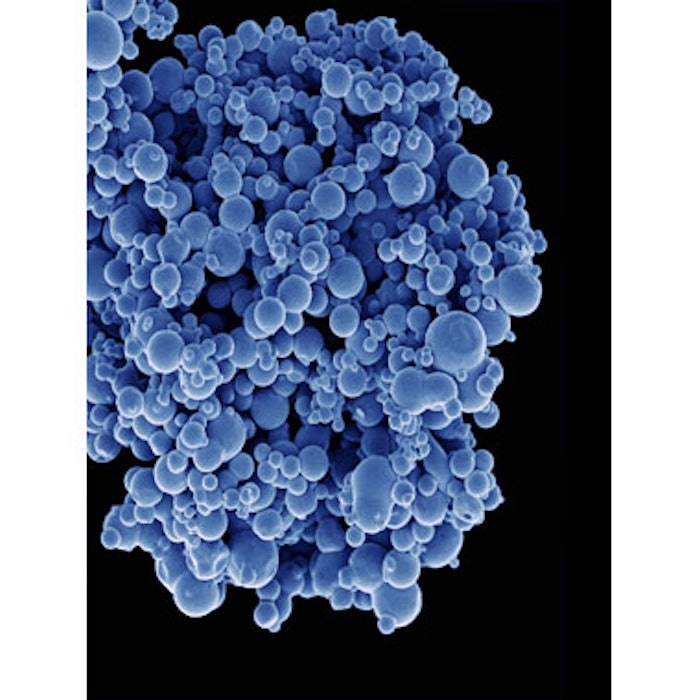
Peptides can have a beneficial effect on skin health, but typically offer poor transdermal penetration due to their hydrophilic nature. In an effort to improve penetration and cellular uptake, researchers Takahiro Fujimoto, MD, PhD, et al, irradiated the skin of Yucatan micropigs using a CO2 fractional laser at varying energy levels prior to application of a hydrophilic peptide drugs 5-carboxyfluorescein (CF) and fluorescein isothiocyanate-conjugated ovalbumin (OVA-FITC) encapsulated in liposomes.
The size of the CF and OVA-FITC encapsulated liposomes was 324 ± 75 nm. Encapsulating the peptides in liposomes increased cellular uptake of OVA-FITC 10-fold when compared to OVA-TIC delivered in solution form. The addition of fractional laser irradiation increased the skin permeation rate of CF liposomes (0–10%) and OVA-FITC liposomes (4–40%) in a dose-dependent manner—increasing laser power and irradiation time further increased liposome uptake by the cells and trandermal penetration of the peptide drugs.
The authors concluded, “High-energy CO2 fractional laser overcomes the rate-limiting barrier function of the stratum corneum. Further investigations are required to establish the safety and efficacy of fractional laser irradiation-assisted delivery of liposome-encapsulated drugs as a transcutaneous drug delivery system.”
The study was published in Lasers in Surgery and Medicine (July 2017).
Image copyright Getty Images











